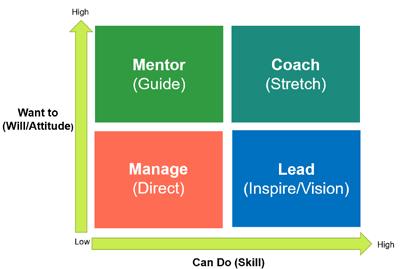
2 minute read
Primary sector faces market uncertainty
Withstanding poor harvest and returns, there has been large investment syndicates keen to invest in the local industry.
“This is good for our industry, good for our communities and good for Hawke’s Bay. I know of at least another 250ha of apples going in for 2023 and this is just one variety.
Advertisement
He says there is also new infrastructure getting built to future proof increased plantings with new cool stores, packhouse expansions and new accommodation for the increase in RSE worker numbers.
Another positive is regulatory measures to protect fertile growing land.
Horticulture Outlook –Hawke’s Bay Fruitgrowers president Brydon Nesbit

Brydon Nesbit and fellow apple growers have their fingers crossed that this harvest season isn’t severely impacted by poor weather, which marred the 2022 apple harvest.
Apple quality was impacted by the heavy rain which led to lower than expected sale returns for growers. He says apple exporters will also be closely watching the predicted recession in many export partner countries such as the UK and the US.
“There are a number of concerns but front and centre would be not having another harvest season like the one we have just had. We are doing it pretty tough at the moment, so we hope for a good harvest season with strong market demand,” Brydon says.
“This is long overdue but we are grateful to have the increase. This means we shouldn’t struggle to get our fruit off the trees and into market. We grow the best produce in the world and we just don’t need to be restricted in any way.
The Government has introduced a National Policy for Highly Productive Land (NPS-HPL) to protect good soils such as the Heretaunga Plains and Brydon says it’s now up to council to identify, map, and manage productive land to protect it from inappropriate use and development.
Farming Outlook –CHB farmer and primary sector leader Mike Petersen
After five years of record prices Sheep and Beef farmers will face challenges in 2023 with inflation levels on the farm in excess of 7.2% and a softening in demand for high prices meats like lamb.
Central Hawke’s Bay farmer and former NZ’s Special Agriculture Trade Envoy Mike Petersen says the COVID shutdown in China is placing pressure on businesses, reducing demand in this critically important market but is confident overall global pricing will remain positive.
“The relatively low value of the NZ dollar will continue to support good returns, and even if these have fallen from record levels, pricing will allow for profitable farming enterprises.
On the farm, Mike says the record wet winter was difficult for farmers but pastures are green heading into the dry summer months. Going forward Mike says the region needs to make important water storage decisions once and for all.
“With climate change, we know the region faces more intense and drying weather conditions. We must retain the ability to capture and store surplus water in peak periods for the benefit of rivers and communities in dry periods as a key consideration for water security.
“We need to have a mature and strategic discussion about the challenges and opportunities in regards to our natural resources, particularly water. This must be forward thinking, and for the benefit of the next generation of Hawke’s Bay citizens.”
Mike says Hawke’s Bay farmers are best placed to capitalise on high early season prices which may not remain for the season.
“Hawke’s Bay has a wide range of farming systems and land classes, so many will not be in the position to go early, but the ability of this region to finish large number of animals from breeding properties puts us in a good position relative to other regions.”




